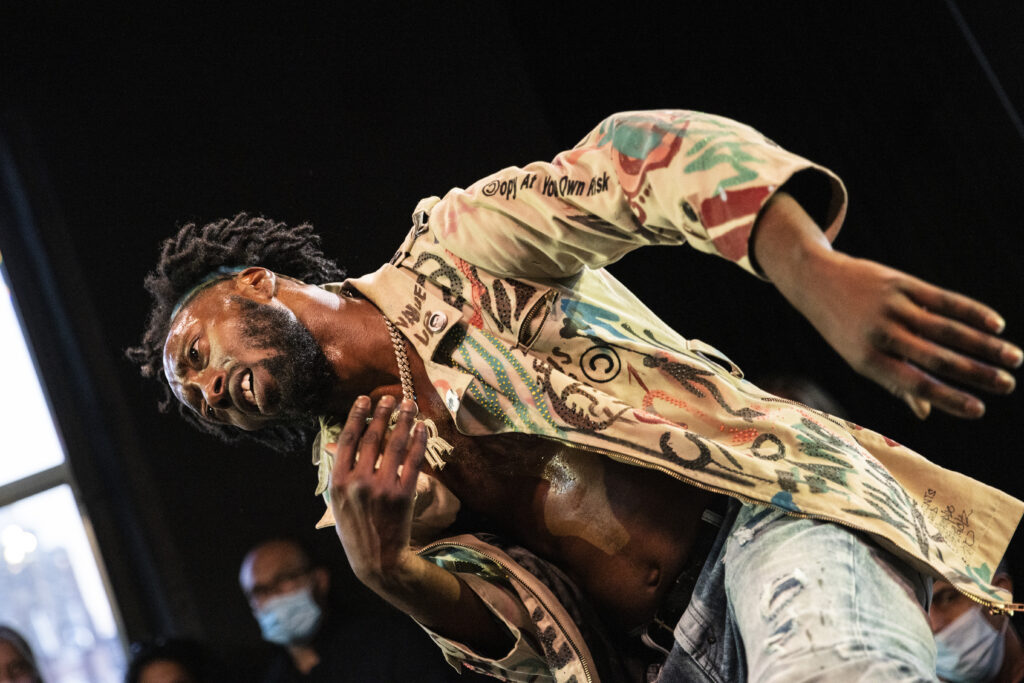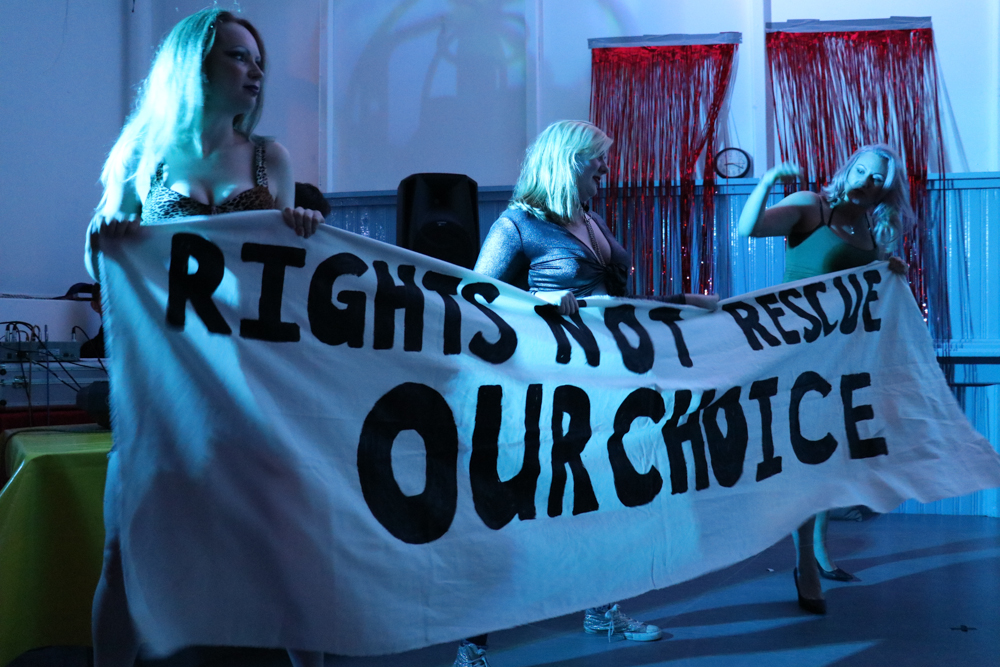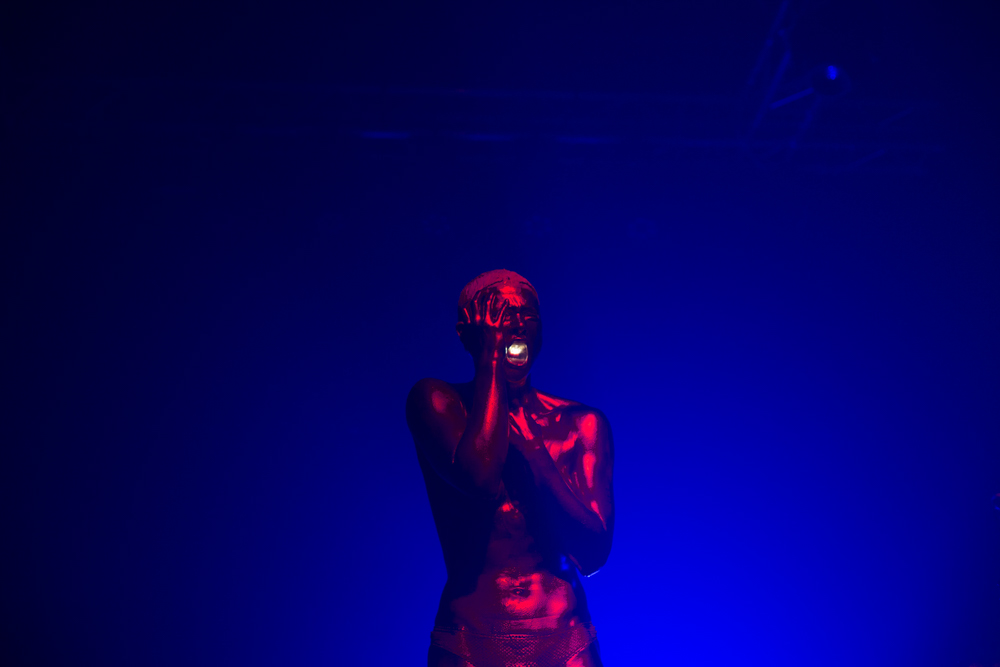
To Give Up This World, To Have Many Others – In Conversation with Ailton Krenak
Ailton Krenak (by video) Denise Ferreira da Silva Amilcar Packer
A recorded a conversation that grounds the Episode, exploring Ailton Krenak’s thinking and distinct poetics of life; as it work against capitalism and fascism, as a denunciation of political alliances, and maybe even of ‘politics’.













